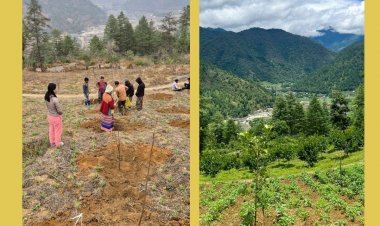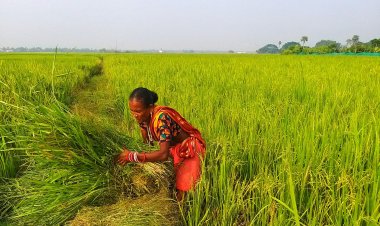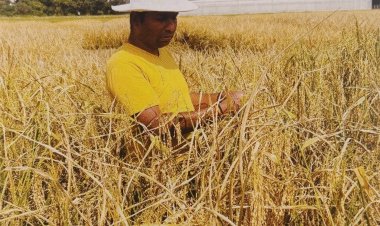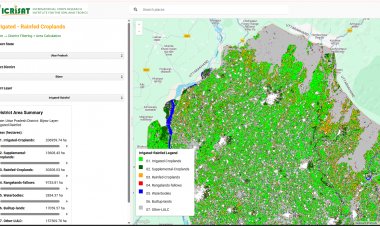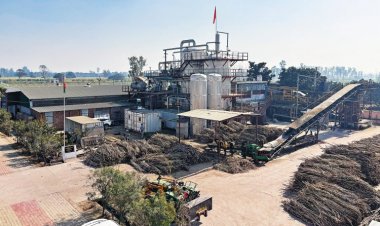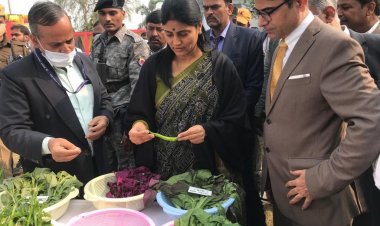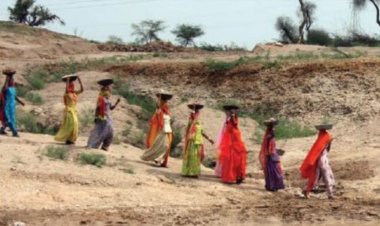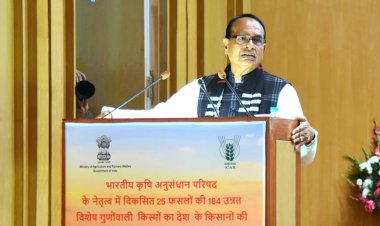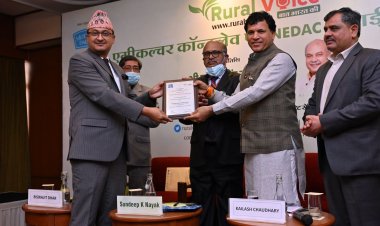Challenges for India’s agricultural exports: Discordant voices get louder at WTO
While favourable conditions continue to exist for stimulating agricultural exports, discordant voices against India’s exports have consistently been heard in the World Trade Organization (WTO) during the past few years and these are getting louder.
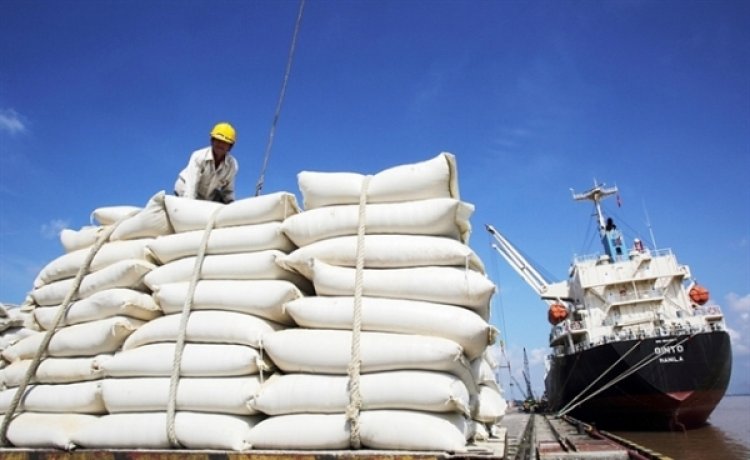
Agricultural marketing reforms introduced through the three farm legislations have one important objective, namely, to transform India into an agricultural export hub. This marked a major departure from India’s agricultural policy for more than half a century that was largely focused on domestic food security. Almost coinciding with this changed policy stance, India’s agricultural exports registered a significant increase in 2020-21. In a year, when India’s overall exports had dropped below the psychological level of $300 billion, an increase in agricultural exports was a welcome development. For the country’s policymakers, this export performance of Indian agriculture should, therefore, have been a vindication of their newly minted policy objective for this sector.
India’s agricultural exports expanded to $32.5 billion in 2020-21, within touching distance of the record level of $32.7 billion seen in 2012-13. The share of agricultural exports in total exports exceeded 11 per cent, the highest in this millennium. This surge in agricultural exports was due to three product groups — cereals, vegetable oils, and sugar and molasses.
At $10 billion, cereal exports were just below the record level of $10.5 billion achieved in 2013-14. As always, rice was the principal export commodity, but there was an important change in the exported variety. Rice exports have traditionally been dominated by basmati, but in 2020-21, non-basmati rice exports gained ascendancy. Basmati exports declined due to lower exports, in value terms, to the major markets in West Asia. The impact was felt more because of a 53 per cent decline in exports to Iran, the largest destination for India’s premier rice variety.
The Increase in non-basmati rice exports during 2020-21 was contributed to by the growth of both parboiled and non-parboiled rice. Exports of the former variety had nearly doubled to $2.4 billion, and the latter had increased almost threefold to cross $1.6 billion. India’s parboiled rice market is largely in Africa and the largest market, namely Benin, expanded quite substantially during the pandemic. While in the case of the non-parboiled variety, Malaysia emerged as the second-largest market after Nepal. Bangladesh not only increased its rice imports from India but also imported wheat, which helped India’s second-largest cereal to increase its presence in the global markets.
Vegetable oil exports were buoyed by exports to China, which increased more than 10-fold during 2020-21. This was almost entirely on account of groundnut oil exports. Over 97 per cent of groundnut oil exports, valued at nearly $400 million, were shipped to China.
India’s agricultural exports benefited from several fortuitous factors. Restrictions on rice exports imposed by Vietnam and political uncertainties in Myanmar offered opportunities to Indian exporters, which they exploited to the fullest. Besides, India was at hand to meet the shortfall of edible oil in China, after more than a third of its groundnut crop was damaged by floods.
While favourable conditions continue to exist for stimulating agricultural exports, discordant voices against India’s exports have consistently been heard in the World Trade Organization (WTO) during the past few years and these are getting louder. In the discussions in WTO’s Committee on Agriculture, several members, including Australia, the European Union (EU) and the United States (US), have argued that India’s exports of major agricultural commodities were contingent upon the subsidies. The major contention of these members has been that India would not have been able to increase its presence in the global markets but for the government support to the agricultural producers.
Currently, India is facing a dispute against its sugar subsidies that was initiated by Brazil, Australia and Guatemala. These countries have argued that subsidies granted to sugarcane and sugar producers as well as export subsidies for sugar and sugarcane are inconsistent with several provisions of WTO’s Agreement on Agriculture (AoA) and the Agreement on Subsidies and Countervailing Measures. Besides the three countries that have initiated the dispute, 14 other countries, including, China, EU, Indonesia, Japan and US, have joined as third parties.
Recently, an unexpected proposal from G-33, a group of developing countries that as WTO members seeks to protect its interests in the area of agriculture, could stymie India’s agricultural exports’ drive. The G-33 has been supporting the developing countries that maintain public stockholding (PSH) for food security purposes. The group has argued that the limits on subsidies imposed by the AoA should not constrain countries from providing subsidised food to the poor. Currently, a temporary truce prevails under which even if a member breaches the subsidy limit, i.e., 10 per cent of the value of agricultural production, no dispute would be initiated against the member. India is the biggest beneficiary of this truce as food subsidies granted to implement the National Food Security Act are threatening to breach the subsidies threshold.
The G-33, in which India has been an active member since its inception, has submitted a proposal for finding a permanent solution to this issue of PSH that ironically militates against India’s interests. The submission, from which India has distanced itself, argues that the permanent solution must ensure that a Member “shall endeavour not to export from the procured stocks … unless requested by an importing Member”. This, in other words, implies that India would be able to export from its food stocks only upon an explicit request from another country. This proposal confronts India with an impossible choice, of maintaining its food subsidy programme or agricultural exports.
(Dr Biswajit Dhar is a Professor at Centre for Economic Studies and Planning, School of Social Sciences, Jawaharlal Nehru University.)



 Join the RuralVoice whatsapp group
Join the RuralVoice whatsapp group

















